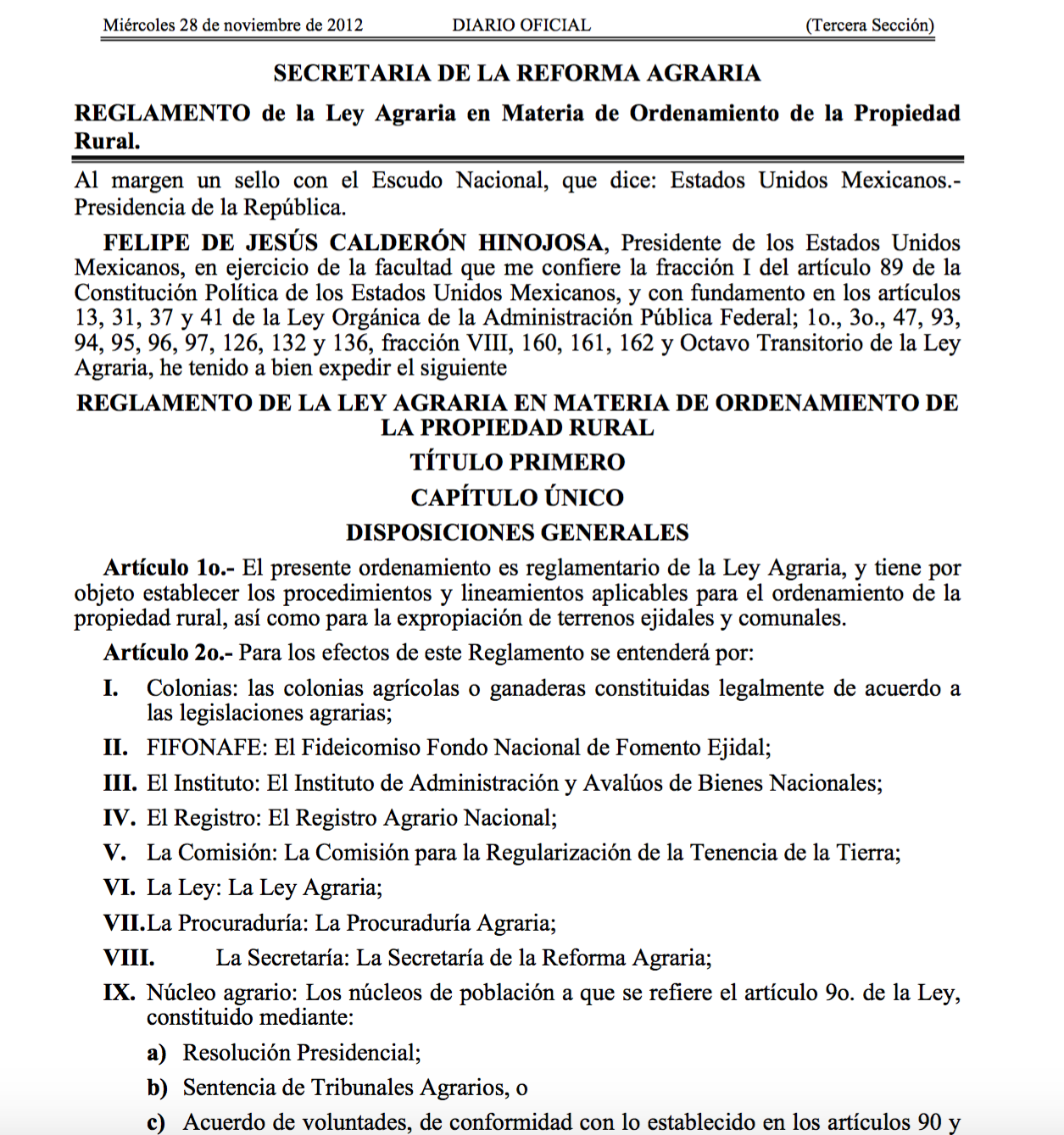The New Forests Company and its Uganda plantations
London-based New Forests Company (NFC) would seem to be the design blueprint of how a young modern company should conduct a major land investment in Africa in a responsible way. Oxfam’s investigations reveal that serious allegations by people who were evicted from land to make way for NFC’s operations remain unresolved. How will the company respond?




